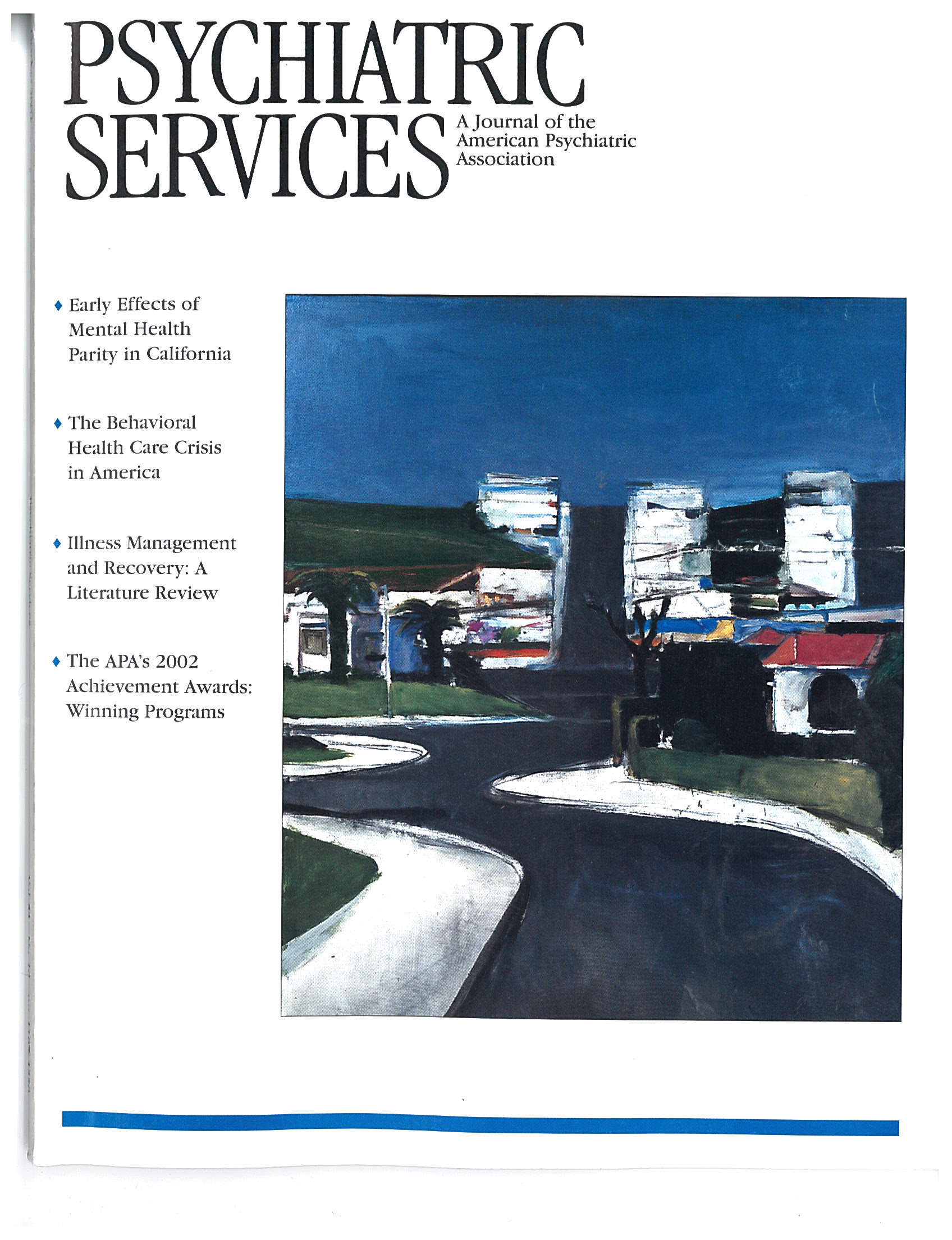Improving Care for the End of Life: A Sourcebook for Health Care Managers and Clinicians
In 1996 the Institute for Healthcare Improvement recognized that there were many experts in the end-of-life care field but that improvements in care were not being adopted. End-of-life care became a subject for the institute's "Breakthrough Series," a collaborative approach to quality improvement. From July 1997 through July 1998, 47 health care organizations participated in the institute's Breakthrough Collaborative. This text tells the stories of what they decided to focus on, how they progressed, and what they learned.
Four areas of care were identified as targets for immediate improvement: pain and symptom management, reduction of transfers and increase in continuity of care, improvements in advance care planning, and the spirituality of patients and families. The method for improvement was "rapid-cycle change," a stepped-up version of the well-known quality improvement technique of "plan-do-study-act." This model requires aiming at a specific area to change; planning changes on the basis of sound science, theory, and evidence; piloting several changes with small patient groups; measuring the effects of changes; and acting according to the data.
The book is presented in four parts. Part 1 describes the model in depth, and part 2 reviews the methods of improving the targeted patient care areas. Part 3 walks the reader through the environment of care improvements and discoveries in services and their financing, integration of clinical and financial information systems, and human resources improvements. Part 4 describes improvement opportunities in specific disease areas, such as dementia, delirium, congestive heart failure, and chronic obstructive pulmonary disease.
The book resounds with a simple and do-able approach to getting the job done by knowing where you are and measuring improvements in specific domains. The book also includes an appendix with many valid and reliable instruments for measuring quality and standards of palliative care; tools to assess pain, spirituality, and grief; and multidimensional instruments.
Improving Care for the End of Life is a sourcebook that is especially suited for managers and team leaders who are involved in end-of-life care. Others working in health care improvement will enjoy the book for its exemplification of a tried-and-true methodology for improving care. Application to any inpatient units system, surgical services, outpatient clinics, care environments, and spiritual assistance programs can easily be made.
In the preface, Donald M. Berwick, M.D., writes, "We have learned how to think about systems, and new models of behavior, that can apply with equal effect to other troubled areas of health care." Certainly another troubled area is the care of persons with serious mental illness. Behavioral health care lacks a common framework of core quality measures (1). Once this critical step is achieved, the application of the Institute for Healthcare Improvement's rapid-cycle model may be mental health providers' next step to improving care for persons with mental illnesses.
Dr. Foti is assistant professor of psychiatry at the University of Massachusetts Medical School in Worcester.
1. Hermann RC, Palmer R: Common ground: a framework for selecting core quality measures for mental health and substance abuse care. Psychiatric Services 53:281-287, 2002Link, Google Scholar



